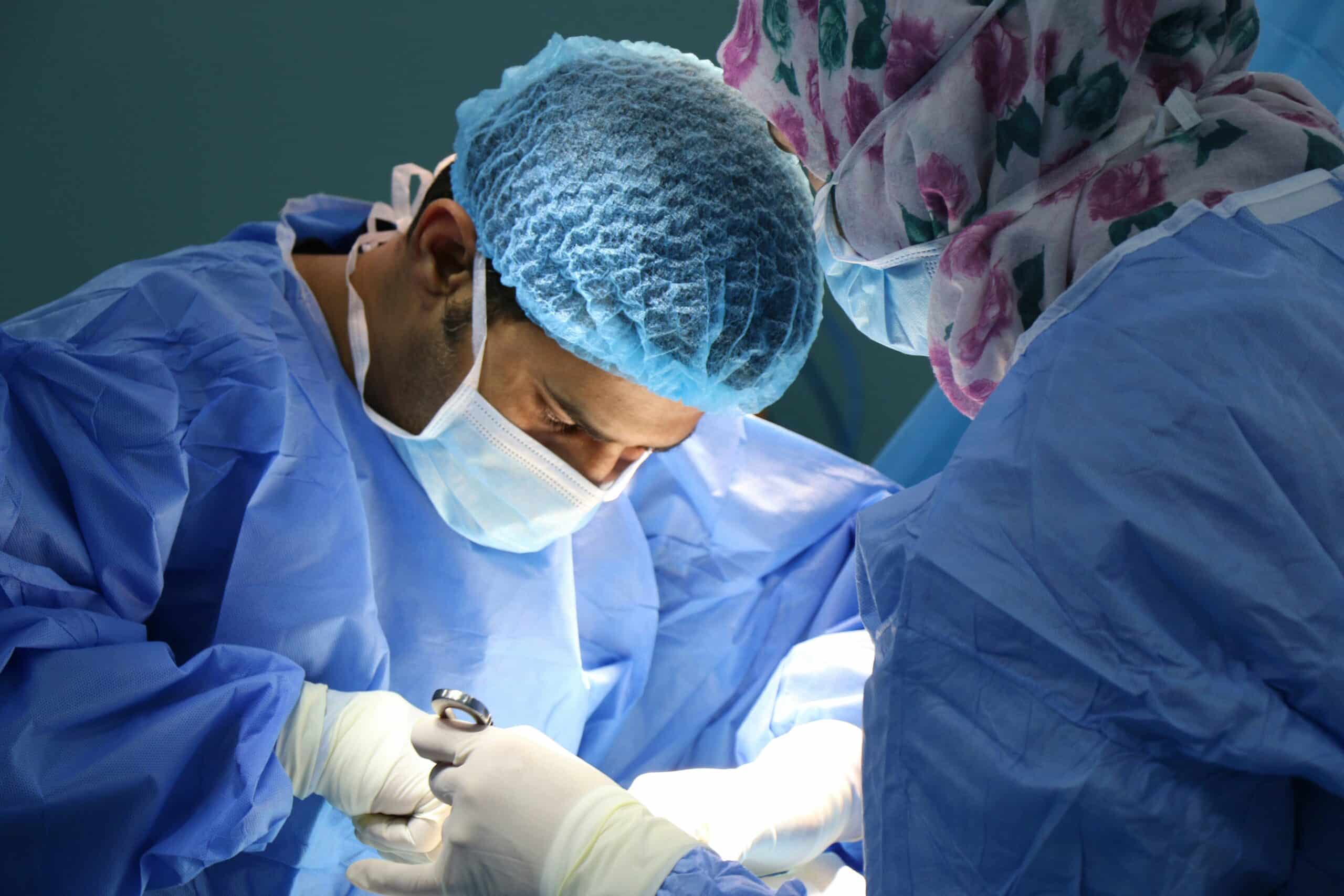Recovering from brain surgery requires more than just the procedure itself; it involves careful post-operative care to support healing and prevent complications. From managing medications to making lifestyle adjustments, patients and their caregivers play a significant role in the recovery process. Here are some post-operative care tips you can use after brain surgery.
Rest and Recovery
Adequate rest forms the foundation of successful recovery after a brain operation. Your brain needs time to heal after brain surgery, and sleep plays a fundamental role in this process. Create a quiet and comfortable environment that promotes restful sleep. Keep your bedroom dark and maintain a cool temperature to support quality rest.
Physical rest extends beyond sleep. Limit activities that require mental concentration during the first few weeks following your neurosurgical procedure. Reading, using electronic devices, or engaging in complex conversations may cause fatigue. Your brain surgeon will provide specific guidelines about activity restrictions based on your individual case.
Medication Management
Strict adherence to prescribed medications supports healing and prevents complications after brain surgery. Take medications exactly as your neurosurgeon prescribes them. Anti-seizure medications, pain relievers, and anti-inflammatory drugs serve specific purposes in your recovery process.
Pain management medications help control discomfort while allowing your body to heal. Never adjust dosages without consulting your brain surgeon first. Some medications require gradual tapering rather than abrupt discontinuation. Keep a medication schedule to track when you take each dose. Watch for side effects from prescribed medications. Report any concerning symptoms to your healthcare team immediately.
Wound Care
Proper wound care prevents infection and promotes healing at the surgical site. Keep the incision area clean and dry following your surgeon’s specific instructions. Avoid getting the wound wet during the first week after your brain operation unless your neurosurgeon provides different guidance.
Gentle cleaning around the incision site helps prevent bacterial growth. Use mild soap and water when permitted, patting the area dry with a clean towel. Avoid rubbing or scrubbing the surgical site. Watch for signs of infection, including increased redness, warmth, swelling, or unusual drainage from the wound.
Change dressings according to your healthcare team’s instructions. Wash your hands thoroughly before touching the surgical site or handling dressings. Report any changes in the wound’s appearance to your brain surgeon promptly..
Gradual Return to Activity
Slowly reintroducing activities helps your brain adjust to increased demands without overwhelming your healing system. Begin with gentle activities, such as short walks around your home. Walking promotes circulation and helps prevent complications, such as blood clots.
Avoid strenuous activities, heavy lifting, or bending over during the initial recovery period. These actions increase pressure in your head, which can interfere with your healing process. Your neurosurgeon will specify weight restrictions and activity limitations based on your specific neurological surgery.
Mental activities also require gradual reintroduction. Begin with simple tasks and gradually increase complexity as your brain becomes more tolerant of demanding activities. Cognitive exercises, such as light reading or simple puzzles, may help stimulate brain function when approved by your surgeon.
Consult a Brain Surgery Specialist Today
Post-operative care after brain surgery requires careful attention to rest, medication management, wound care, and activity progression. Following these guidelines supports optimal healing and reduces the risk of complications. Make sure to maintain regular follow-up appointments with your neurosurgeon and report any unusual symptoms immediately. For expert neurosurgical care or questions about brain surgery recovery, contact a brain surgeon today to schedule a consultation.









Leave a Reply